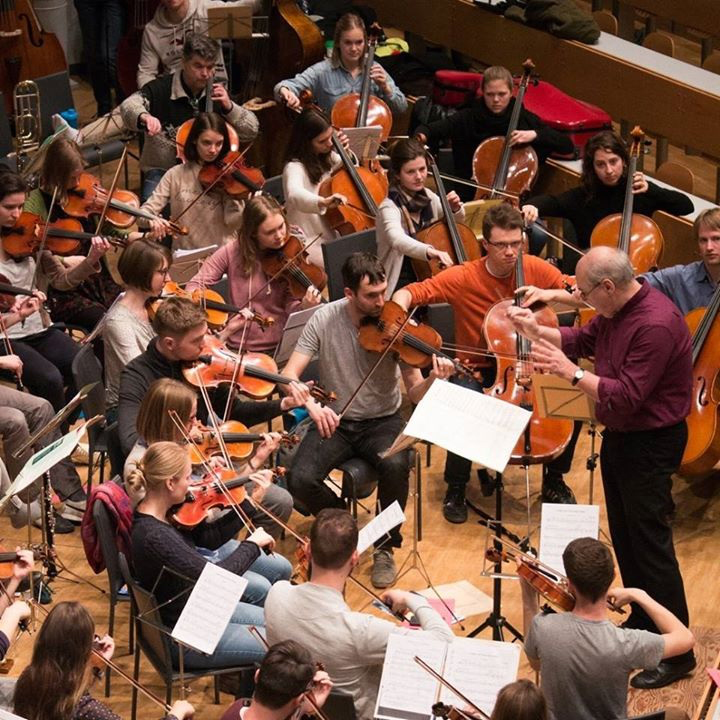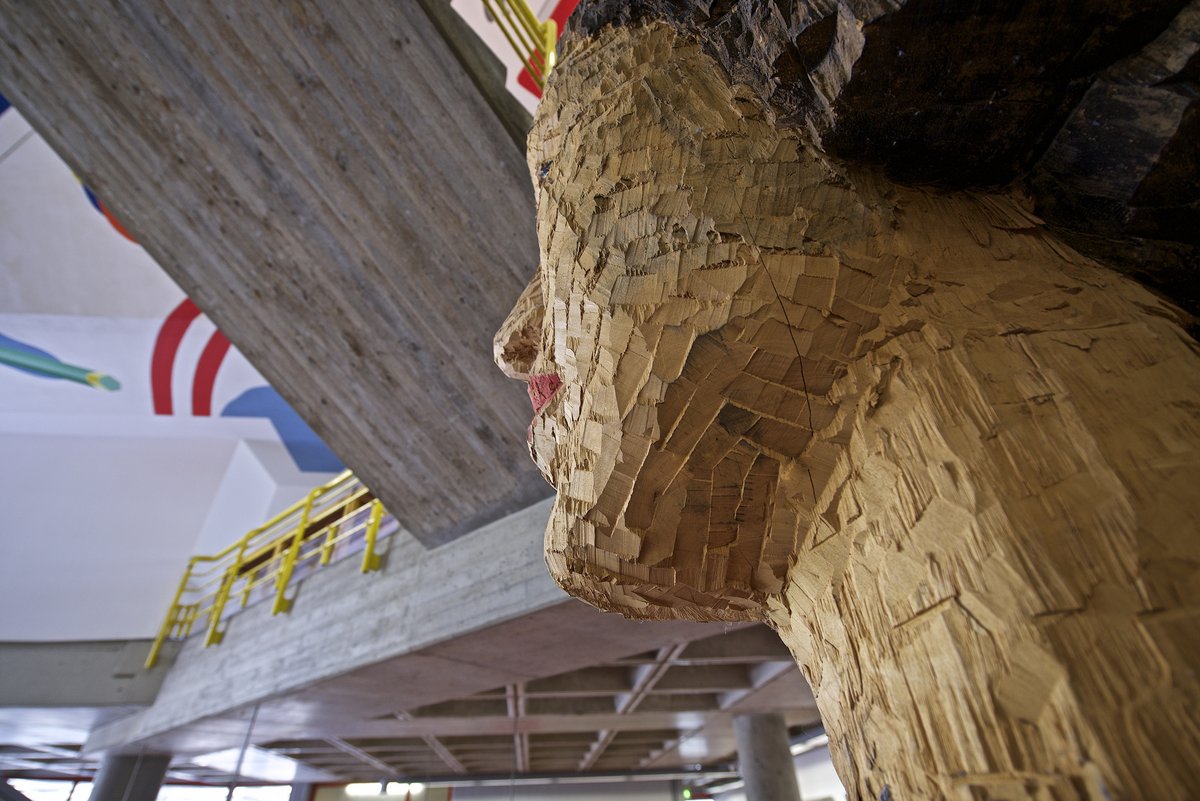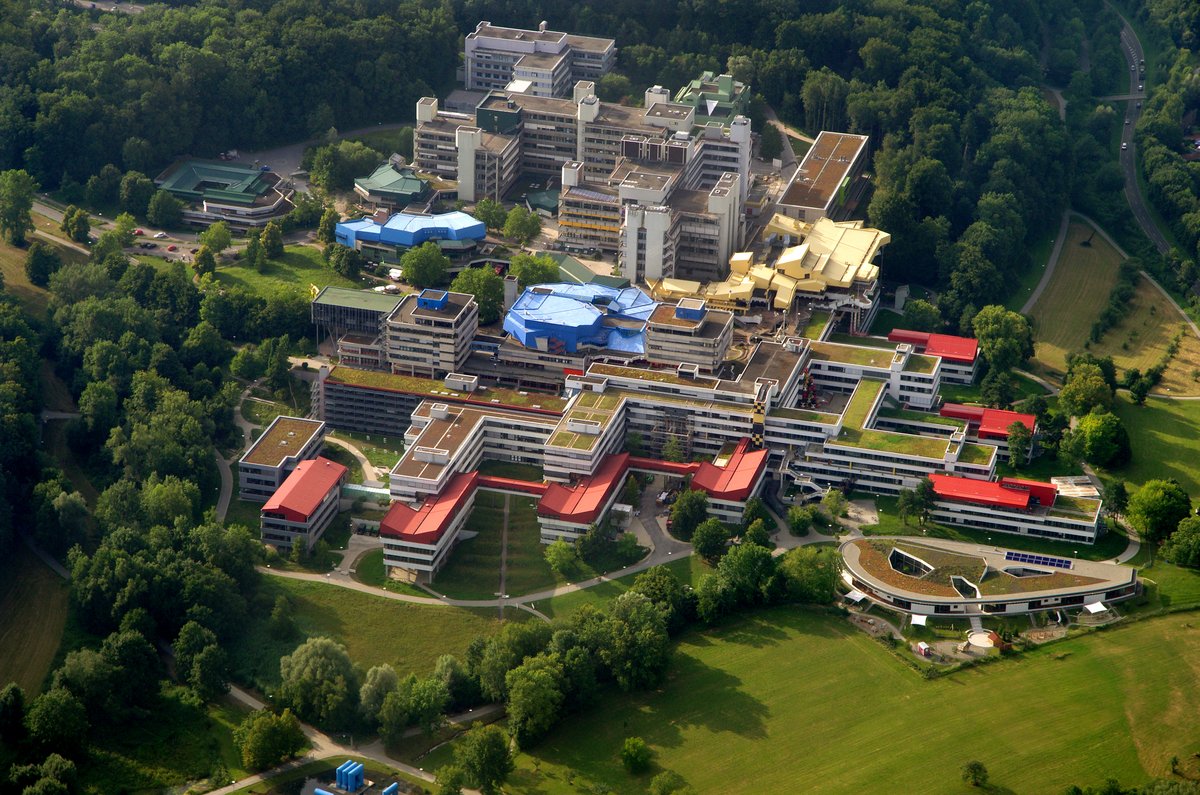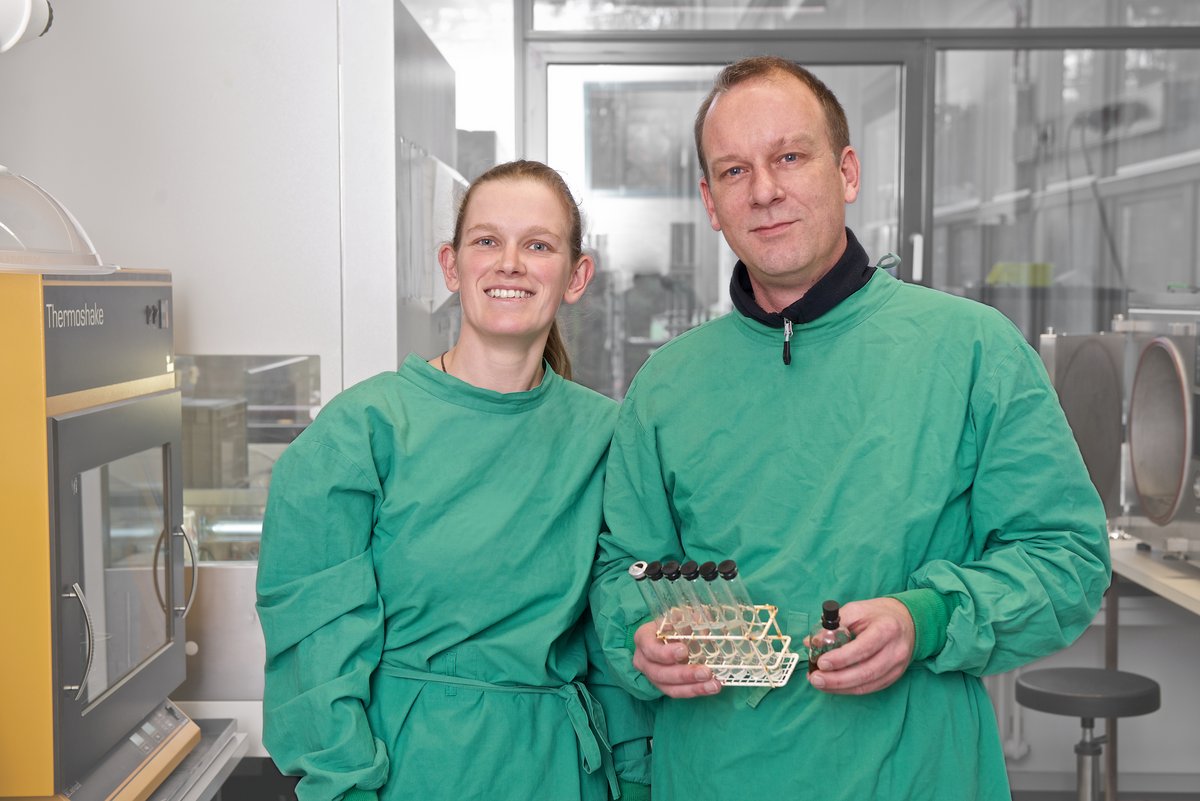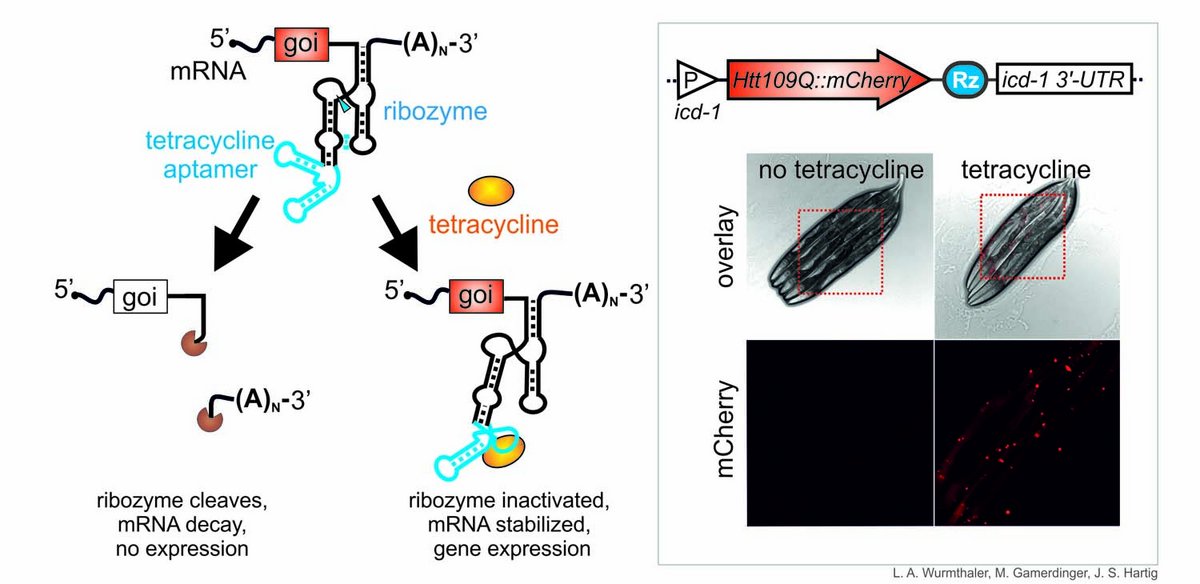
First genetic switch for C. elegans developed
Researchers from the Departments of Biology and Chemistry at the University of Konstanz close a research gap in the field of genetic switches – Development of the first inducible system for C. elegans to switch on genes – Potential medical research applications – Publication in the online journal Nature Communications
Read more

